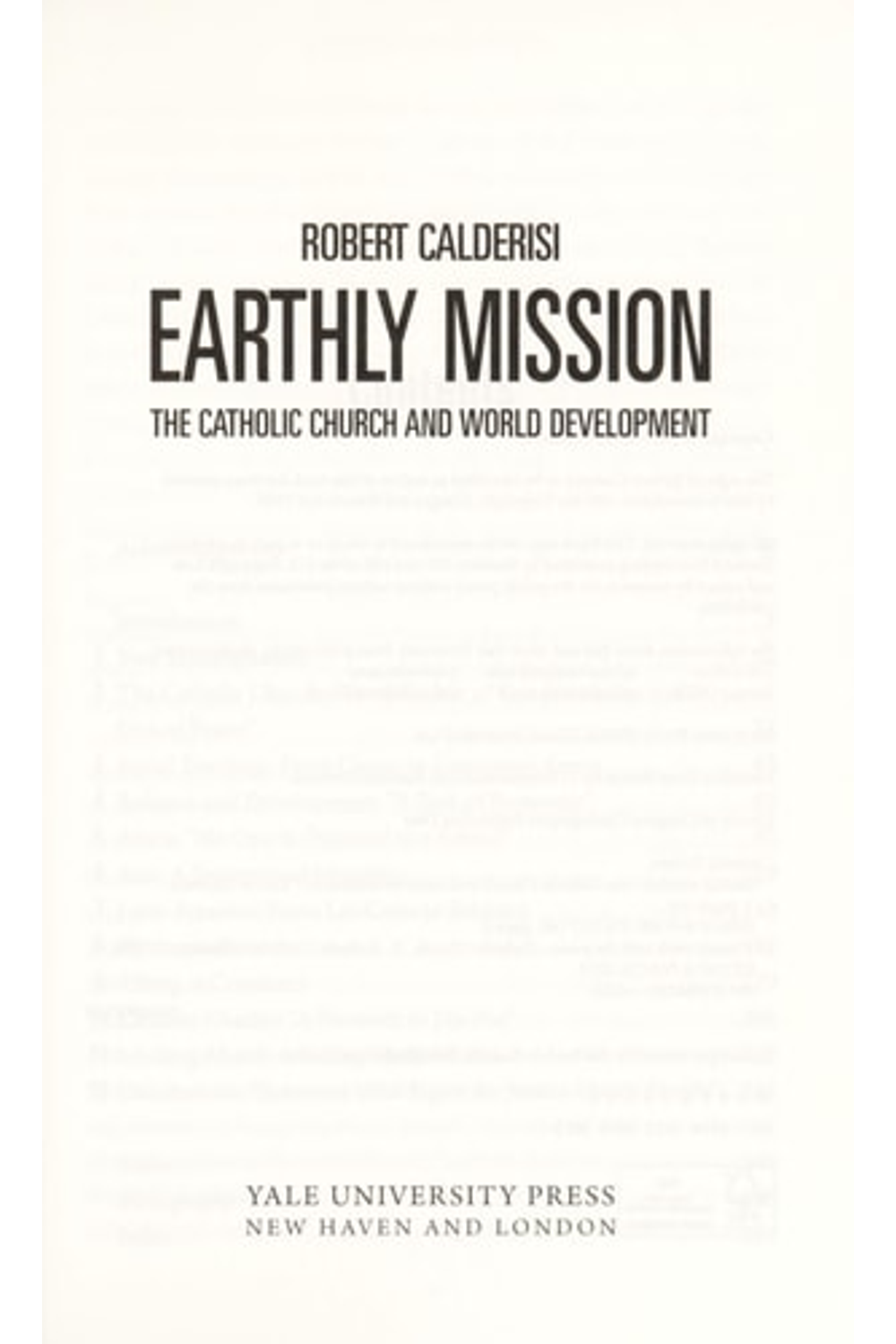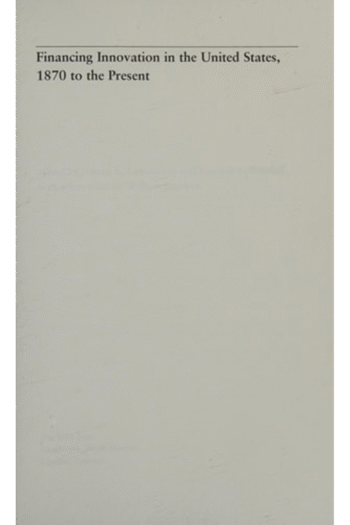Explore the Catholic Church’s global impact with Robert Calderisi’s *Earthly Mission*. This compelling hardcover investigates the Church’s complex role in world development, from its historical roots to its contemporary challenges. Calderisi, drawing on his experience in international development, examines the Church’s influence in Africa, Asia, and Latin America, weighing its contributions to education, healthcare, and social justice against criticisms regarding its stance on social issues and its historical missteps. A thought-provoking analysis for anyone interested in the intersection of faith, poverty, and global politics. Published by Yale University Press.
Earthly Mission: The Catholic Church and World Development
17,20 $
In stock
A lively investigation of the Catholic Church and its controversial social mission in the developing world
With 1.2 billion members, the Catholic Church is the worlds largest organization and perhaps its most controversial. The Churchs obstinacy on matters like clerical celibacy, the role of women, birth control, and the child abuse scandal has alienated many Catholics, especially in the West. Yet in Africa, Asia, and Latin America, the Church is highly esteemed for its support of education, health, and social justice. In this deeply informed book, Robert Calderisi unravels the paradoxes of the Catholic Churchs role in the developing world over the past 60 years.
Has the Catholic Church on balance been a force for good? Calderisi weighs the Churchs various missteps and poor decisions against its positive contributions, looking back as far as the Spanish Conquest in Latin America and the arrival of missionaries in Africa and Asia. He also looks forward, highlighting difficult issues that threaten to disrupt the Church’s future social role. The authors answer to the question he poses will fascinate Catholic and non-Catholic readers alike, providing a wealth of insights into international affairs, development economics, humanitarian concerns, history, and theology.
| Authors | |
|---|---|
| Binding | |
| Condition | |
| ISBN-10 | 0300175124 |
| ISBN-13 | 9780300175127 |
| Language | |
| Pages | 288 |
| Publisher | |
| Year published | |
| Weight | 640 |
| Dewey decimal | 261.8/5088282 |
Related products
- Additional information
- Currencies
- USD – United States dollar
- EUR – Euro
- GBP – Pound sterling
- CNY – Chinese yuan
- BRL – Brazilian real
- MXN – Mexican peso
- JPY – Japanese yen
- PHP – Philippine peso
- THB – Thai baht
- PLN – Polish złoty
- CAD – Canadian dollar
- MYR – Malaysian ringgit
- AUD – Australian dollar
- TWD – New Taiwan dollar
- CZK – Czech koruna
- SEK – Swedish krona
- HUF – Hungarian forint
- ILS – Israeli new shekel
- CHF – Swiss franc
- HKD – Hong Kong dollar
- DKK – Danish krone
- SGD – Singapore dollar
- NOK – Norwegian krone
- NZD – New Zealand dollar





